Shunt Vs Series Capacitors Advantages
Capacitors aid in minimizing losses and helps in reducing operating expenses. Capacitors should be placed where the reactive power demand is more as capacitors generate reactive power and helps to maintain the voltage. Basically reactive power demand will be more at load side of the power system, hence capacitors should be placed as close as possible to load. In specific, capacitor banks should be placed where the low voltage problem occurs.Shunt capacitors are series capacitors are employed in power system for different purposes
- Shunt capacitors and series capacitors in the power system generate the reactive power to improve the power factor and voltage, thereby enhancing the power system capacity and reducing the losses. In series capacitors reactive power generation is proportional to the square of the load current (I2Xc), whereas in shunt capacitors reactive power generation is proportional to the square of the voltage (V2/Xc).
- The cost of installation of series capacitors is higher than that of the shunt capacitors. This is because the protective equipment for the series capacitors is often complicated. In addition to that, series capacitors are generally designed for higher power to cope up with the future increase in the load
- For the same voltage improvement, the rating of the shunt capacitors will be higher than that of series capacitors. Series capacitors compensation may create certain disturbances: ferro-resonance in transformers, sub-synchronous resonance during motor starting, shunting of motors during normal operation and difficulty in protection of capacitors from system faults.
- Series capacitors are more effective on distribution circuits with higher X/R ratio and for load variations involving a higher reactive content.
- Series capacitors are generally employed to improve the stability of the system and shunt capacitors are generally employed to improve the power factor of the system
Some of the factors which influence the choice between the shunt and series capacitors are tabulated below:
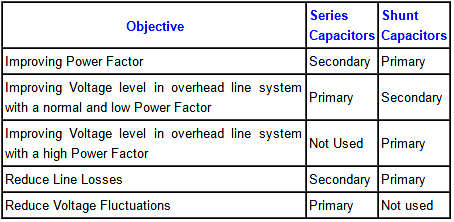
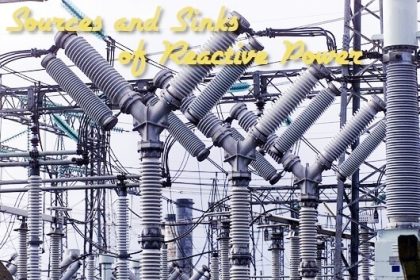


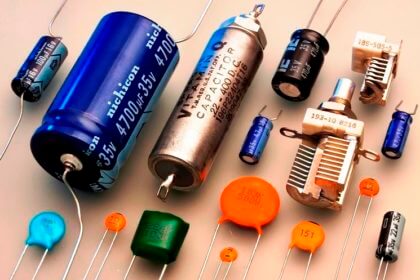



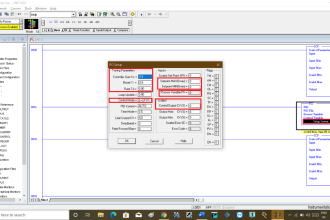
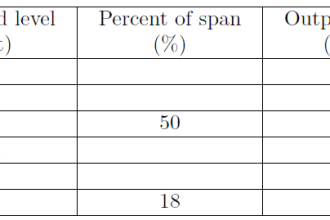

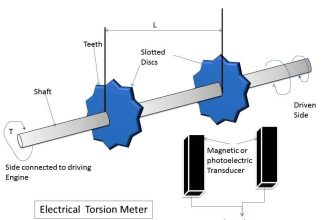
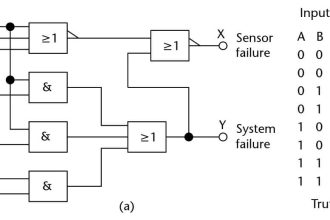
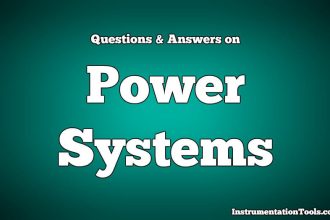
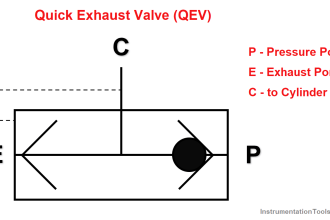


1. The first “are” shall be “and” on your essay “Shunt capacitors are series capacitors are”
2. The above table is confusing. Are you talking about transformer, lines , etc.?